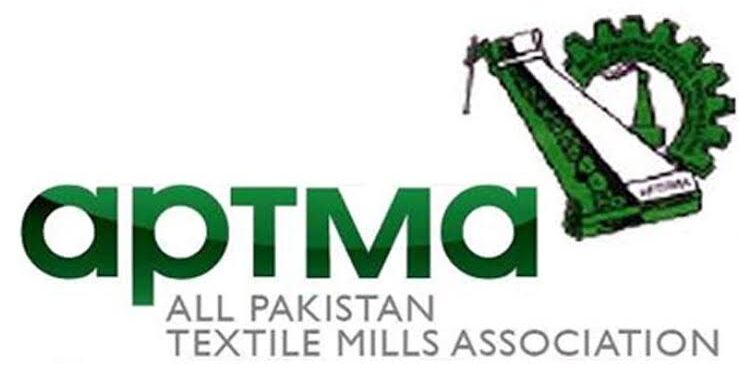ISLAMABAD: The All Pakistan Textile Mills Association (APTMA) has urged NEPRA that audit report on security deposits, consumer-funded infrastructure, and their utilization be made public to ensure transparency in proposed revisions.
In letters to NEPRA and Power Minister, Chairman APTMA Kamran Arshad has cited reference to the petitions filed by DISCOs for the revision of security deposit rates for consumers, scheduled for hearing by the Authority on February 11, 2025, requesting NEPRA to direct all DISCOs, including K-Electric, to provide a comprehensive audit of their security deposits and consumer contributions before any decision is made regarding the proposed increase.
Without a clear assessment of the existing deposits and their utilization, any further financial burden on consumers is entirely unjustified, he added.
APTMA is of the view that a crucial concern is the lack of transparency regarding the total security deposits currently held by DISCOS. We urge NEPRA to mandate a full disclosure of these amounts, along with a detailed breakdown of how these funds have been utilized.
Additionally, any interest earned on these deposits must be clearly accounted for and returned to the respective consumers. Consumers should not only be informed of where their deposits are held but must also benefit from any financial gains generated from their funds.
Another fundamental issue lies in consumer-funded infrastructure and its treatment within the regulatory framework. As per the Consumer Service Manual and Consumer Eligibility Criteria, consumers bear the financial burden of constructing their own infrastructure at all voltage levels. Despite this, once these assets-such as connections, transformers, and distribution lines-are installed, they are transferred to DISCOS at no cost. Furthermore, consumers also contribute to Grid Sharing Costs, meaning that a portion of the overall grid infrastructure is indirectly financed by them.
However, despite this significant financial contribution, there is no recognition or adjustment in tariff structures or DISCOS’ financial statements to account for consumer-funded assets.
Given that a substantial share of infrastructure is financed by consumers, it is imperative that these assets are excluded from the Regulated Asset Base (RAB) of DISCOS. If these assets remain in the RAB, DISCOS unfairly earn returns on infrastructure that they did not invest in, thereby inflating costs for consumers.
According to APTMA, an independent audit must verify that DISCOs are not deriving financial benefits from consumer-funded assets, as this practice is both exploitative and contrary to principles of fair regulation. Public disclosure and transparency in these financial matters must be a top priority.
As the sector’s regulator, NEPRA must ensure that all stakeholders, including consumers, have full visibility into these financial mechanisms.
“ We strongly urge that a detailed audit report on security deposits, consumer-funded infrastructure, and their utilization be made publicly available before any decision is made regarding an increase in security deposits.
Without this level of transparency, any proposed revisions would lack credibility and fairness,” he said, adding that given the significant financial implications of these proposed changes, APTMA has once again urged NEPRA to prioritize transparency and accountability by ensuring that these audit findings are disclosed before the scheduled hearing. Consumers must not be subjected to additional financial burdens without clear and justifiable evidence of need.
Dozens of other Trade Organisations and Associations have already approached NEPRA and sought detailed audit of previous collections in the name of security deposits.















